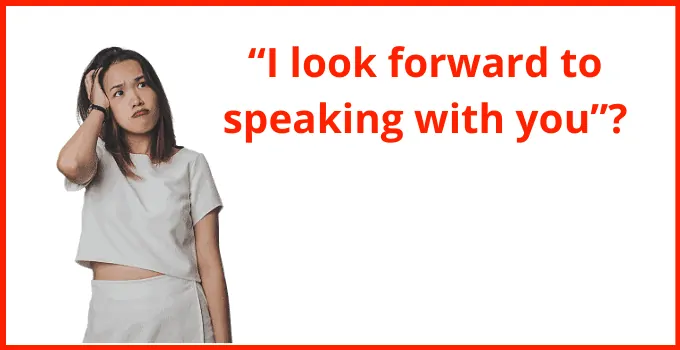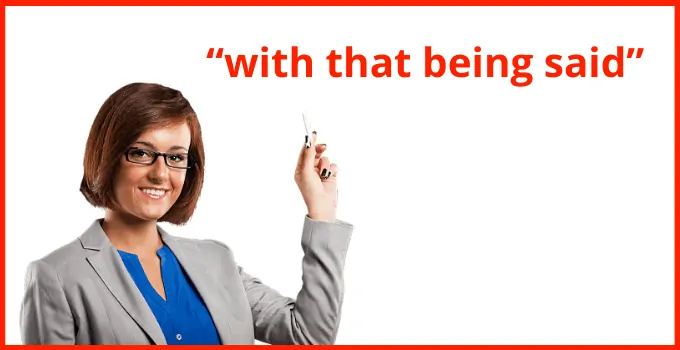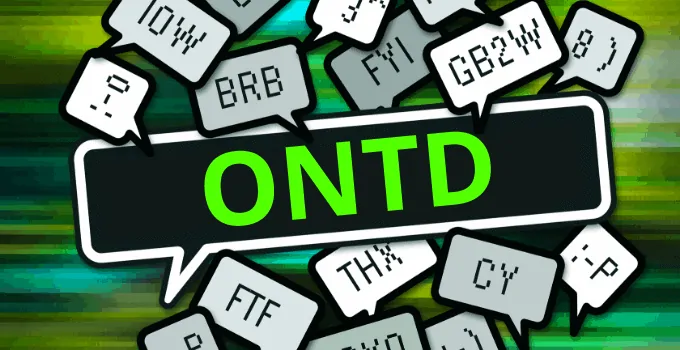Language evolves constantly, and the presence of the Internet has really sped things up. One case in point are emoticons like the humble :). Not only do these pictographic characters express emotion, they’ve now been around long enough that their meanings are ambiguous. In this post, we’ll look at three possible meanings for the smiley …
Search results for: email
Like any other language, English is filled with words and expressions that we use on a day-to-day basis, plenty of which have just become more about etiquette than actually having a conversation. For example, when you see a colleague at work and ask them, “how are you doing?”, you’re not really expecting a long-winded answer …
Some words are used so frequently that they can get exhausting to type or write over and over. Sometimes, English and many other languages adopt common shorthand signs or symbols as a result. Let’s take a look at one of the most popular English symbols, the and sign or ampersand (&). Is …
“Thank you for your continued support” is a formal phrase used in business communication. The phrase serves the dual purpose of thanking an individual for previous help and also implying that future assistance is welcomed or expected. What is the meaning of “Thank you for your continued support”? “Thank you for your continued support” …
Is “I look forward to speaking with you” grammatically correct? “I look forward to speaking with you” is a phrase commonly used in written communication to indicate that a meeting will take place in the future. However, it may be unclear whether “look” is used correctly in this sentence. Is “I look” or “I am …
English has a lot of idiomatic expressions, phrases or words that are used in the same pattern every time and which may have surprising meanings. These idioms can be confusing if you’re not familiar with them. Let’s take a look at one such expression, the phrase “with that being said.” How do you …
Researchers have shown that being polite has a ‘positive social value’ in many cases. In other words, it pays to be polite. One of the easiest ways to do that, as any parent knows, is to say “please” and “thank you.” But where do the commas go if you’re thanking someone? Read on, please, to …
Formal, written English has some odd expressions in it. What’s especially interesting about these expressions is that they can take on nearly opposite meanings depending on the tone of the communication around them. Here we’ll look at one such example. What does “thank you for the reminder” mean? In short, this “thank you for …
A recurring theme on our blog is how the internet has impacted the English language, giving birth to new words and expressions. For instance, the current president of the United States has been known to “troll” people online using “memes” and “hashtags.” And, we are inundated by “spam” emails every day. However, it isn’t just …









